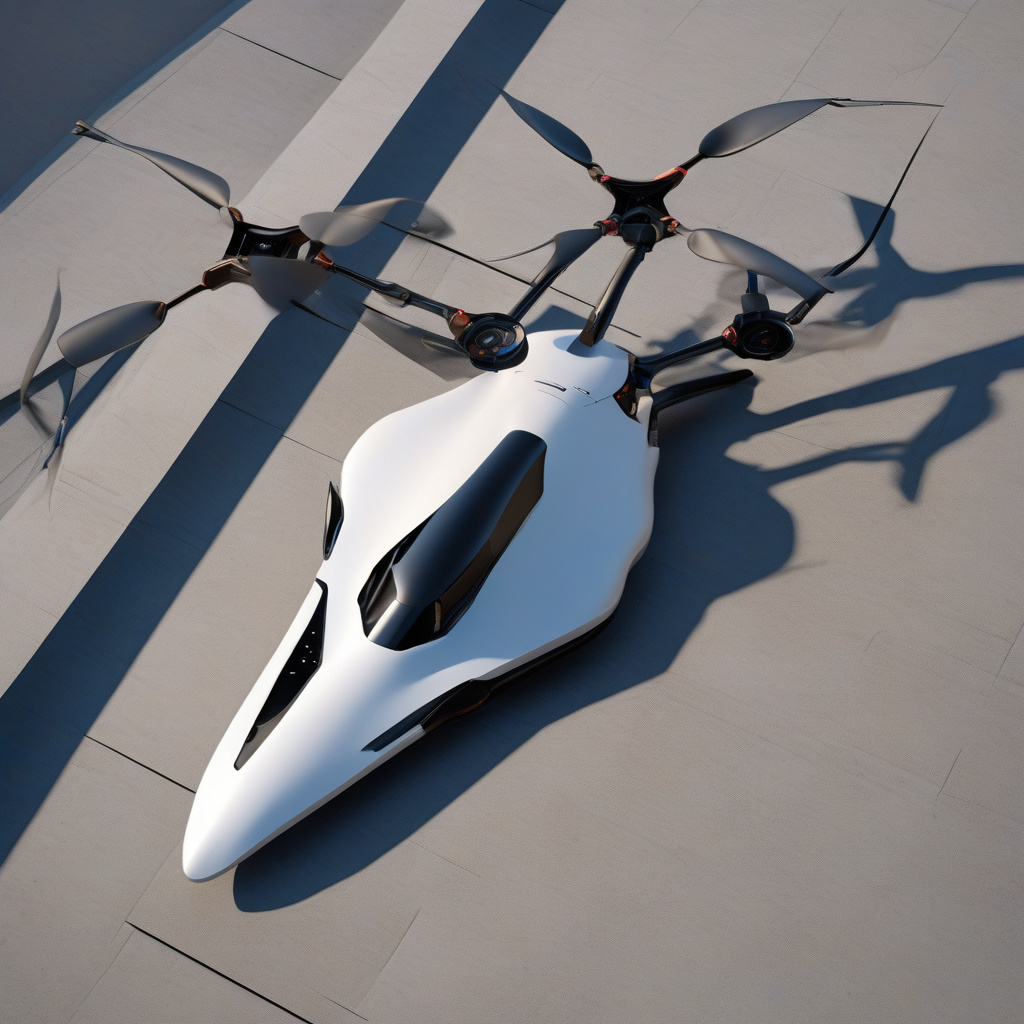Next-Gen Drone Flies with Solid-State Battery Made for EVs for Double Range, Payload
Factorial, a US company specializing in solid-state battery technology, has achieved an important step in revolutionizing the capabilities of drones. By developing a solid-state battery designed for electric vehicles (EVs), Factorial has unlocked the potential for drones to have double the range and payload capacity compared to traditional lithium-ion batteries.
Solid-state batteries have been hailed as the future of energy storage due to their enhanced safety, higher energy density, and longer lifespan. By incorporating this cutting-edge technology into drones, Factorial has addressed two major limitations that have hindered the widespread adoption of drones for commercial and industrial applications: limited range and payload capacity.
One of the key advantages of solid-state batteries is their higher energy density, which allows them to store more energy in a smaller and lighter package. This means that drones equipped with solid-state batteries can fly longer distances without the need for frequent recharging. In the context of commercial drone delivery services, this extended range could enable drones to cover larger areas and deliver packages more efficiently.
Moreover, the higher energy density of solid-state batteries also translates to increased payload capacity for drones. This is particularly significant for applications that require drones to carry heavy equipment or multiple payloads, such as aerial photography and surveying. With a solid-state battery made for EVs, drones can carry larger payloads while maintaining a longer flight time, opening up new possibilities for industries that rely on drone technology.
In addition to improved range and payload capacity, solid-state batteries offer enhanced safety features compared to traditional lithium-ion batteries. Solid-state batteries are less prone to overheating and thermal runaway, making them more reliable and less likely to catch fire. This is crucial for drone operations, especially in industries where safety is a top priority, such as search and rescue missions and infrastructure inspections.
The integration of solid-state batteries into drones represents a significant advancement in the field of unmanned aerial vehicles (UAVs) and paves the way for the next generation of drone technology. With Factorial’s groundbreaking innovation, drones can now operate more efficiently, cover greater distances, and carry heavier loads, unlocking new opportunities for businesses across various sectors.
As the demand for drone services continues to grow, especially in industries like e-commerce, agriculture, and construction, the development of high-performance batteries is essential to meet the evolving needs of drone operators. Factorial’s solid-state battery made for EVs not only addresses current limitations but also sets a new standard for drone performance and capabilities in the future.
In conclusion, Factorial’s achievement in developing a solid-state battery tailored for drones marks a significant milestone in the advancement of UAV technology. By harnessing the power of solid-state batteries, drones can now soar to new heights with increased range, payload capacity, and safety features, opening up a world of possibilities for the drone industry.
innovation, solid-state battery, drone technology, EVs, Factorial












